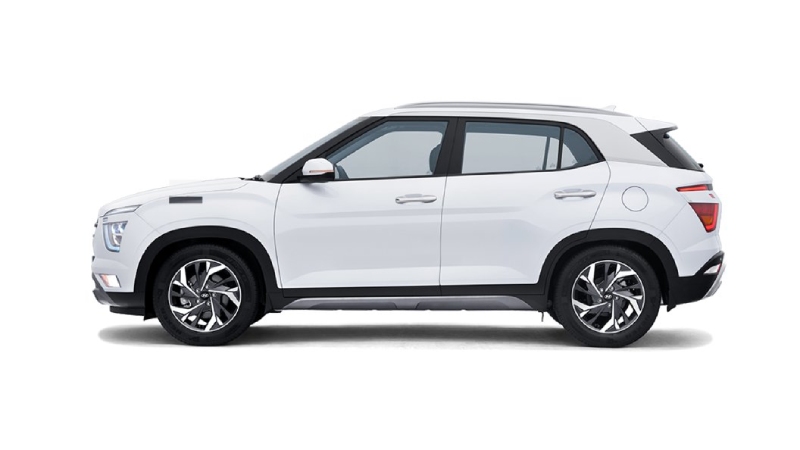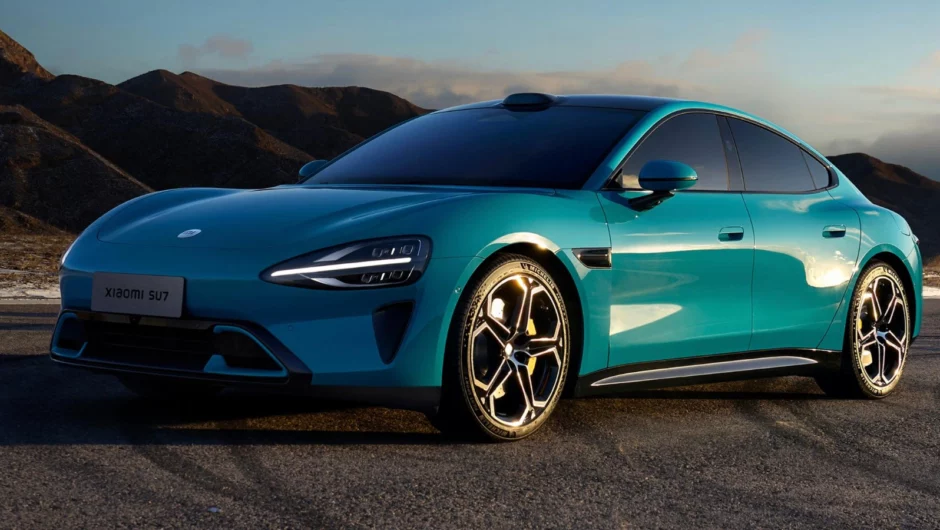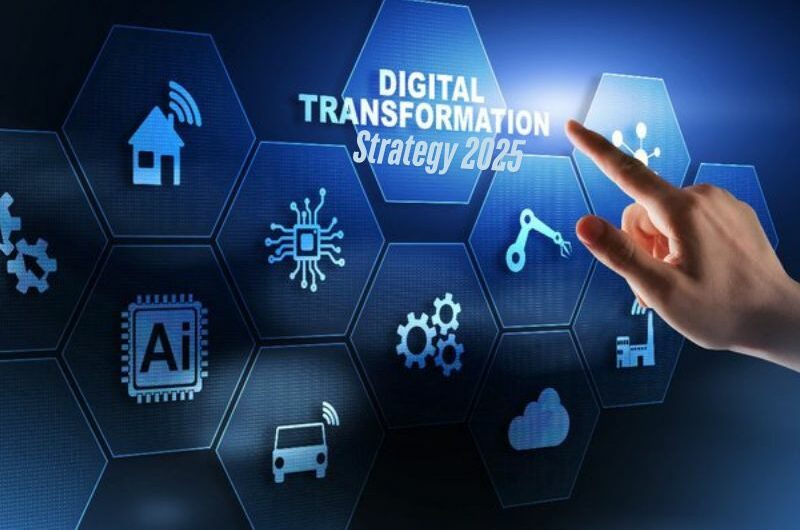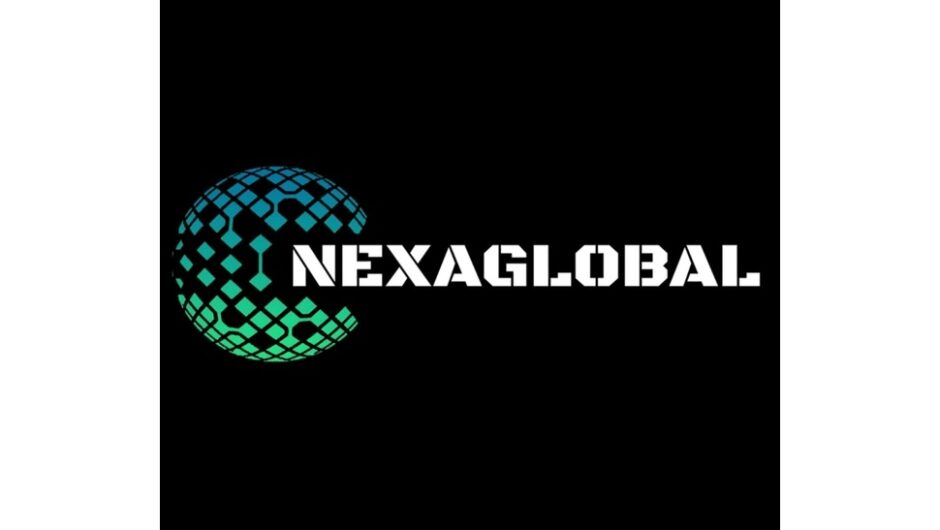In the Indian market, Hyundai, a Korean carmaker, is up against fierce competition from companies like Mahindra and Tata Motors. Over the course of the next two years, Hyundai intends to add a number of new vehicles to its lineup in order to preserve its place in the fiercely competitive industry.
Hyundai Creta EV
In the first quarter of 2025, Hyundai is expected to launch the eagerly anticipated Creta EV in the nation, most likely at the January Bharat Mobility Show. It is anticipated that the electric SUV would go into production in December 2025.
The SUV will have revised bumpers, newly aero-optimized alloy wheels, and a closed-off front grille housing the charging station, among other EV-specific design features. In keeping with the Ioniq 5, the cabin will also undergo minor modifications. It will have a new Ioniq 5-like 3-spoke steering wheel with paddle shifters, an electronic parking brake, repositioned ventilated seat buttons, and a drive selector stalk on the steering column.
The new Creta EV would have a 45kWh battery pack and an electric motor installed on the front axle, just like the Kona EV that is now available for purchase worldwide. The electric motor has a rating of 255 Nm of torque and 136 horsepower. The Suzuki e Vitara and the Tata Curvv EV, two of its main competitors, come with two battery packs; the higher-end models have 60kWh and 55kWh, respectively.
Hyundai Inster EV
In 2026, the Korean carmaker plans to introduce its smallest electric SUV in the nation, which is based on the Inster. With dimensions comparable to the Exter mini SUV available in our market, the Hyundai Inster EV is already available for purchase in a few foreign markets. The E-GMP (K) platform will serve as its foundation. The new Inster EV, designated HE1i internally, will compete with vehicles like the Citroen eC3 and Tata Punch EV. In comparison to the Casper micro SUV, it will feature a greater wheelbase.
NMC battery packs with 42Kwh and 49kWh capacity are included with this entry-level electric SUV. The Long-Range model has a 355km range on a single charge, whilst the former had a range of up to 300km. The identical set of battery packs may be included with the India-spec model. A typical 11kW charger is anticipated to be included. Features of Hyundai’s entry-level EV include a single-pane sunroof, ADAS, a 360-degree surround view camera, a 10.25-inch touchscreen infotainment system, and wireless charging.
Topics #Electric Vehicle Launch #Hyundai Electric Cars #Hyundai Innovations #New EV Models









